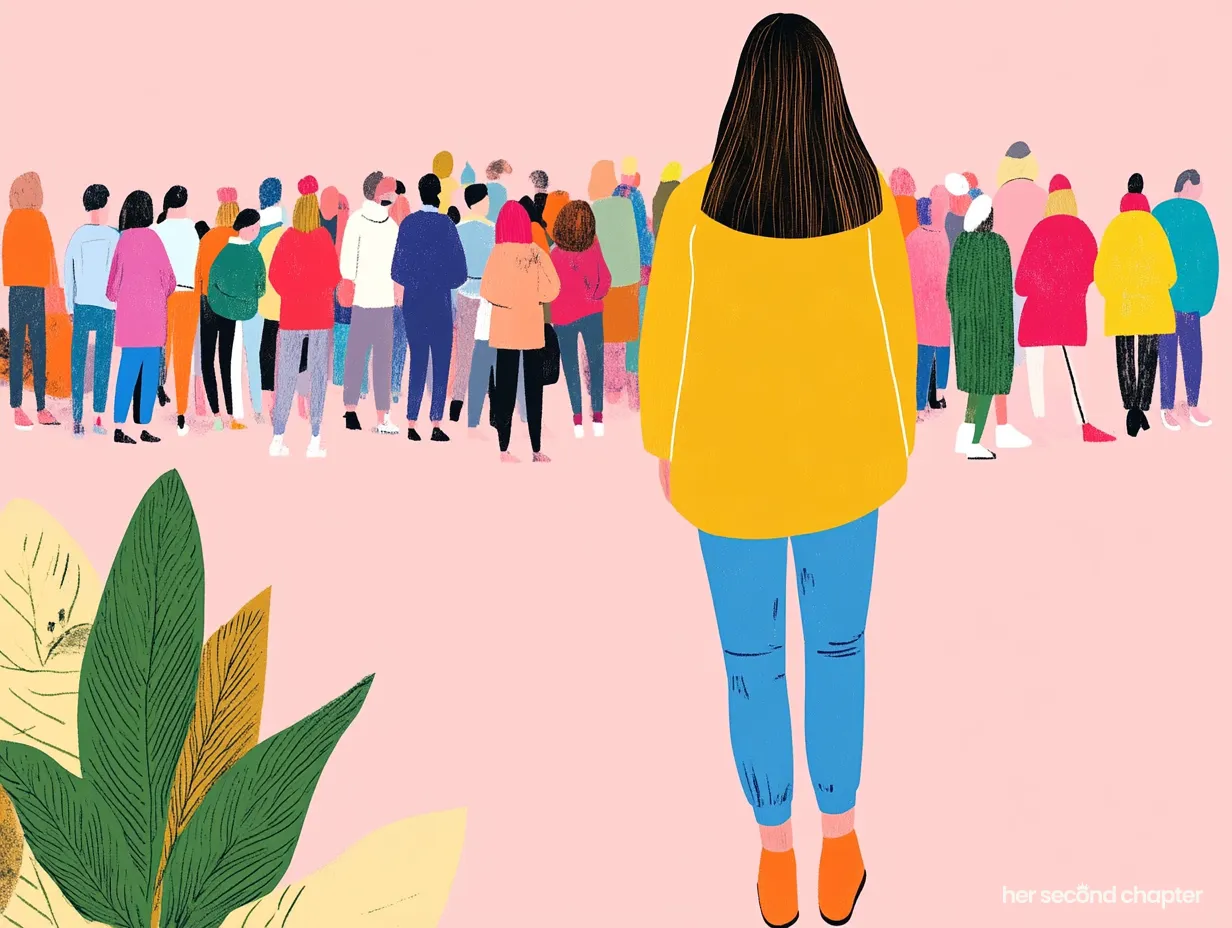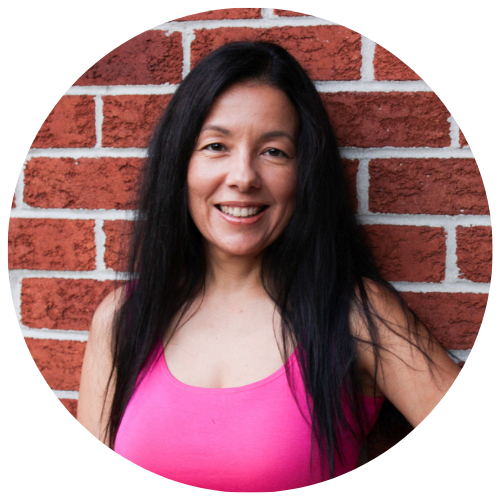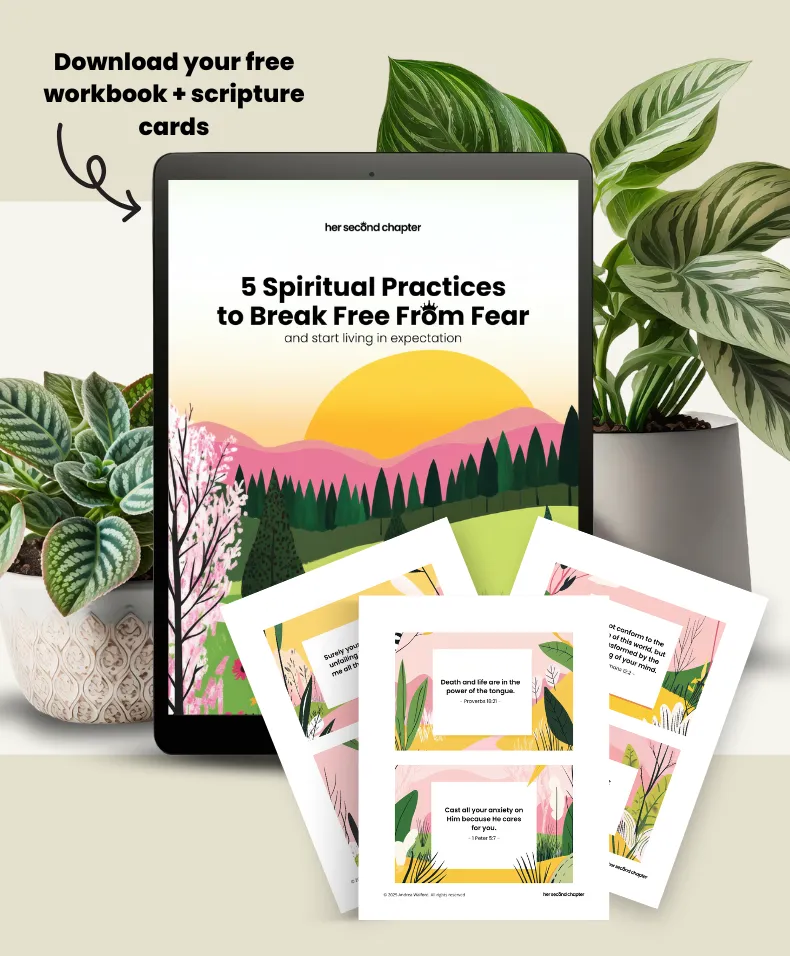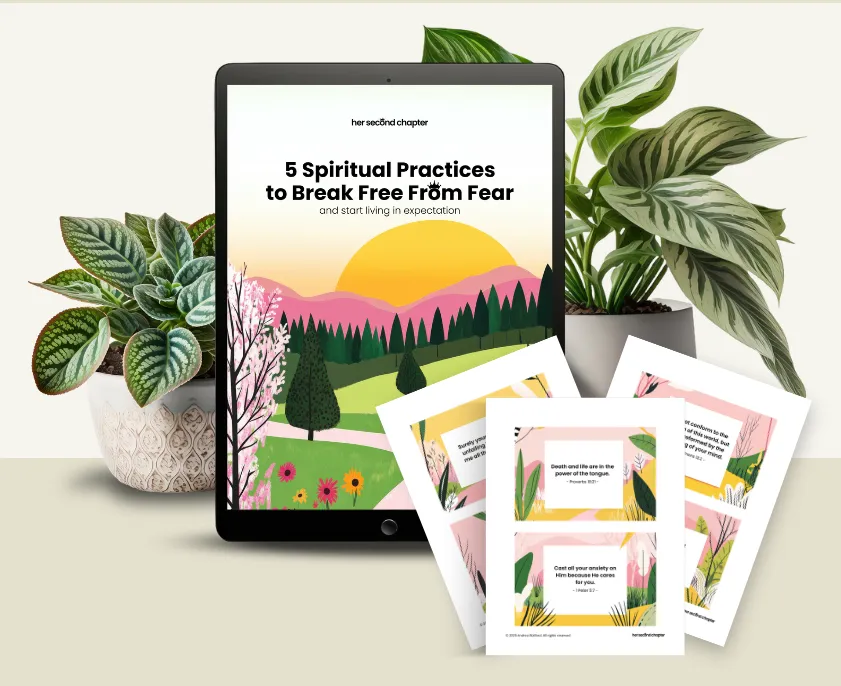If you’ve ever found yourself wondering, “Why do I feel so lost?”—you’re not alone.
It’s a question that creeps in quietly…
in the car,
in the shower,
in those moments when the house is finally still and you’re left alone with your own thoughts.
It’s not that everything is terrible.
In fact, from the outside, life might seem pretty good.
You’re showing up.
And doing what needs to be done.
But somewhere along the way, something shifts…
And now you’re not quite sure where you are in your own life anymore.
Maybe you’ve tried to shake it off.
Told yourself to focus on your blessings.
Pushed the question aside and kept moving.
But it keeps rising.
And now, you can’t ignore it.
If that’s where you are—you’re not alone.
And you’re not selfish or ungrateful for asking the question.
Because feeling lost in life isn’t always a detour.
Sometimes, it’s how the journey really begins.
We Get Pulled Into Roles That Don’t Always Reflect Who We Are
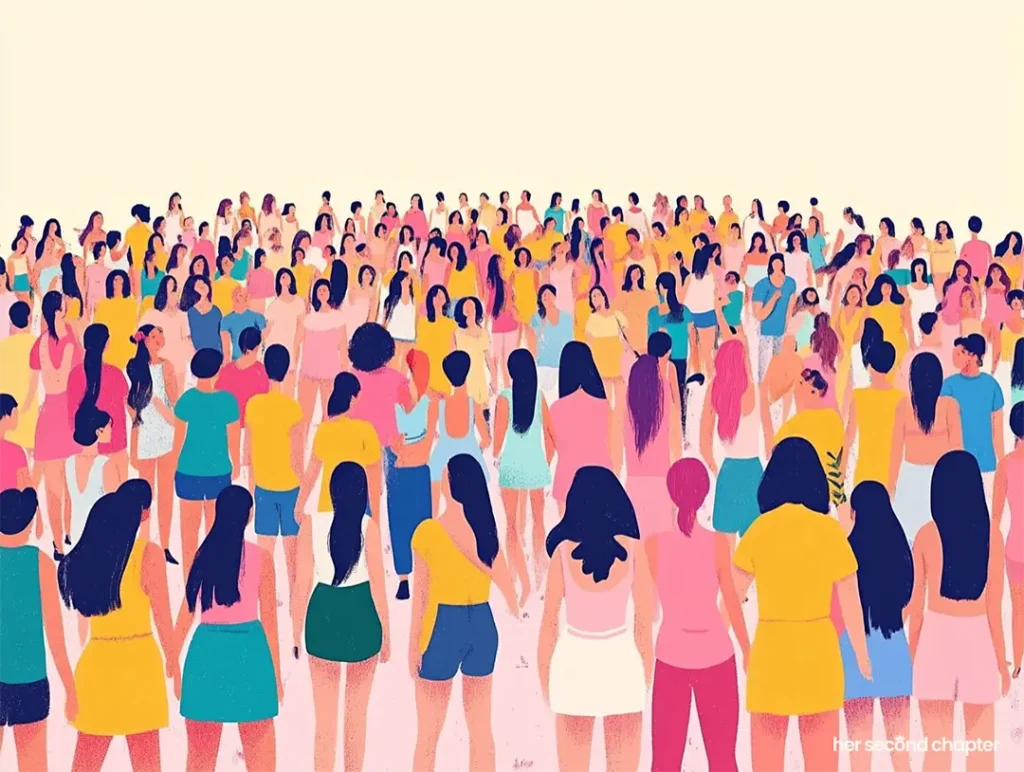
Most of us don’t consciously choose to lose ourselves.
It just happens—quietly, gradually—over years of showing up in roles we either stepped into… or were handed.
Maybe they were roles you chose with intention.
Maybe they were ones you took on out of love or necessity.
Or maybe they were simply expected of you—and you didn’t stop to question them.
Mother. Wife. Caregiver. Employee. Leader. Helper. Supporter.
Some of those roles brought joy.
Some brought exhaustion.
Some were a mix of both.
But over time, it’s easy to start living for the role rather than from your soul.
You wake up one day and realize that you’ve been so busy holding everything and everyone else together, you haven’t stopped to ask:
Does this still fit me?
Is this what I want?
Who am I when I’m not doing all of this?
And that’s where the lostness begins.
Not in some dramatic breaking point—but in the quiet erosion of self that happens when we stop listening to what we need,
what we love, and who we really are beneath it all.
Then One Day, Something Shifts
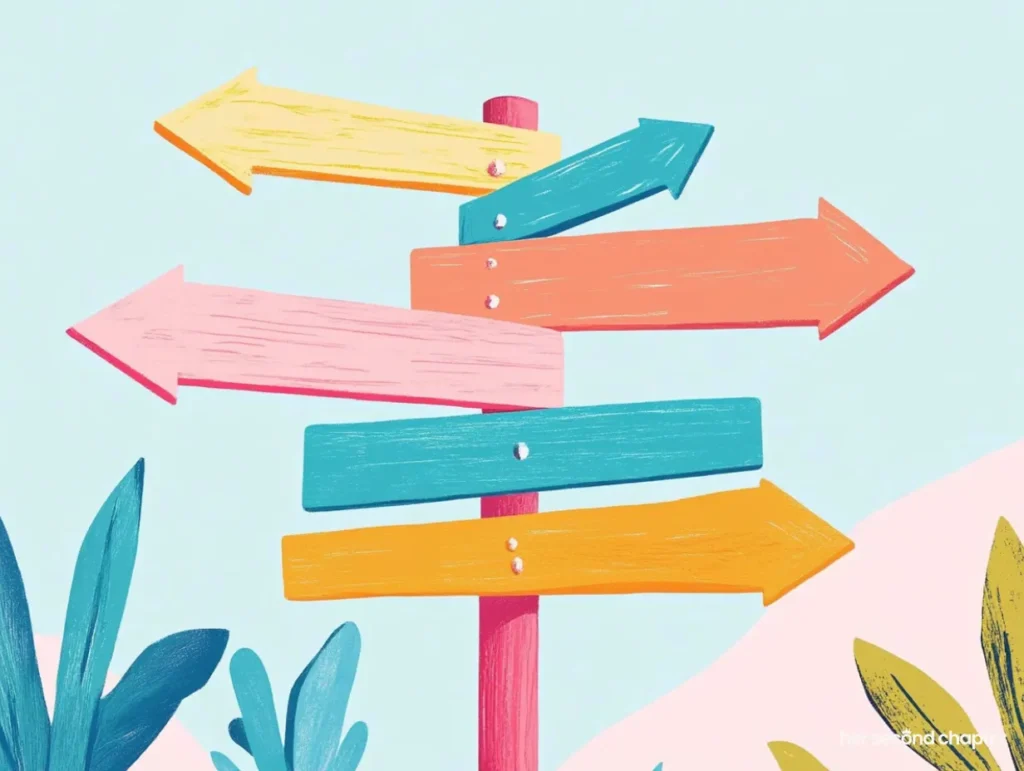
At first, you just keep going.
You keep showing up.
Doing what needs to be done.
Because you’ve lived in these roles for so long, they feel automatic.
But then one day… something changes.
Sometimes it’s subtle—like a milestone birthday that brings everything into focus.
You hit 40, 50 or 60… and realize you’re not where you thought you’d be. And you start asking questions you’ve never asked before.
Other times, it’s life that shifts for you.
Your kids leave home.
Your caregiving season ends.
You’re laid off, or you retire, or your health forces you to slow down.
You walk through divorce.
You lose someone you love.
Something that once defined your days… is suddenly gone.
And now, without that role to shape your rhythm, you’re left staring at a blank page.
Who am I now?
What comes next?
You may not want to go back to how things were—but you’re not sure how to move forward either.
And that tension—the space between what was and what’s next—is often where the lostness grows loud.
We’ve Spent So Long Living for Others, We Forgot to Listen to Ourselves

For years—maybe decades—you’ve been pouring yourself out.
For your kids.
Your spouse.
Your parents.
Your church.
Your work.
Your community.
You’ve worn every hat, filled every gap, met every need.
And somewhere along the way, it stopped feeling optional. It just became life.
The idea of asking yourself what you want?
What lights you up?
What makes you feel alive?
It probably felt selfish.
Or impractical.
Or impossible.
So you buried it.
You did what needed to be done.
And you got good at it.
But now, in this quieter season… those buried questions are starting to rise.
What do I even like anymore?
What matters to me—outside of who I’m responsible for?
If I wasn’t taking care of everyone else… what would I choose for myself?
These aren’t self-indulgent questions.
They’re sacred ones.
And asking them doesn’t mean you’re ungrateful for the life you’ve lived.
It means you’re human.
And it means your heart is ready to be heard again.
The Online World Doesn’t Help
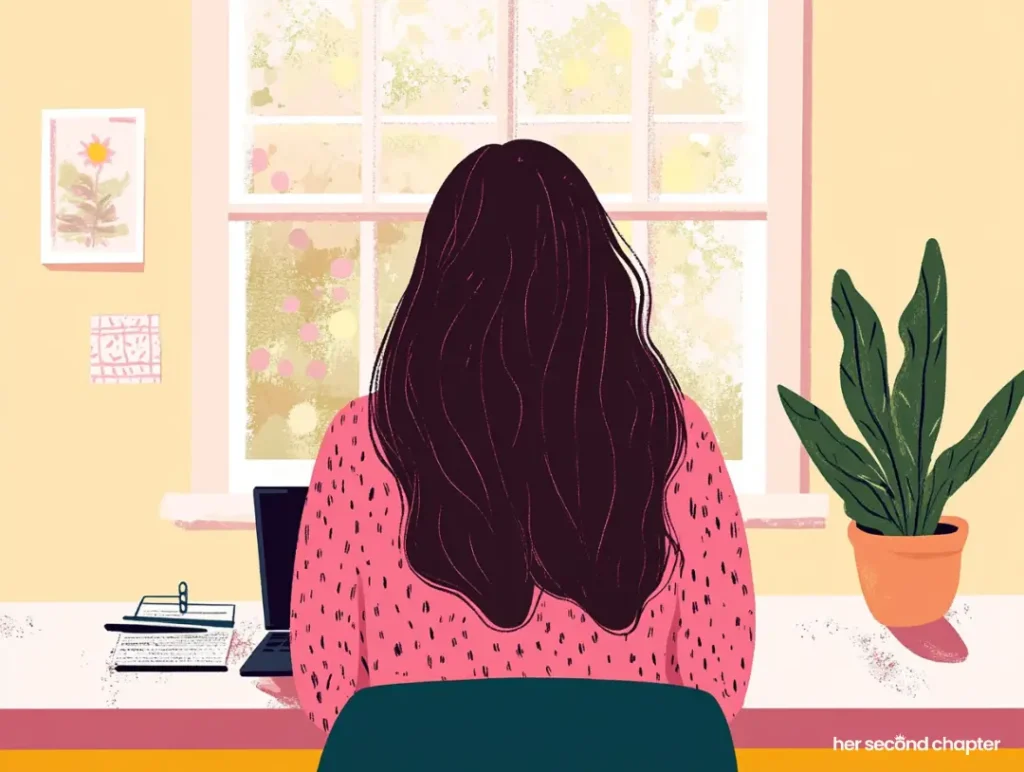
If you’ve ever opened your phone and felt worse about your life five minutes later—you’re not alone.
Social media has a way of showing us a thousand versions of what life should look like:
Perfect homes.
Perfect bodies.
Perfect morning routines.
Perfect women “our age” who seem to have it all figured out.
It’s not that you’re trying to compare yourself.
It just… happens. Quietly. Subtly.
You start questioning your pace, your purpose, your progress.
You start wondering if you missed something—if maybe everyone else got the memo and you didn’t.
Even Christian spaces can add pressure.
You’re told to be content. To have more faith. To push through.
So instead of listening to that quiet sense of longing, you silence it.
You tell yourself to be grateful.
You remind yourself how blessed you are.
And you try to shake off the ache that still lingers underneath.
But here’s the thing:
Gratitude doesn’t erase desire.
And longing for something more doesn’t make you ungrateful—it makes you alive.
And Then Comes the Guilt
This is often where the guilt sets in.
Because when your life looks “good” on paper—
when you have a roof over your head,
food on the table,
people you love—
it feels wrong to admit you’re still not satisfied.
You tell yourself you shouldn’t feel this way.
You remind yourself of all the blessings.
You try to push away the ache with logic and perspective.
But it doesn’t go away.
And then the guilt deepens.
What’s wrong with me?
Why can’t I just be content?
Is wanting more… selfish?
Let’s be clear: feeling lost doesn’t mean you’re ungrateful.
Longing doesn’t mean you’re doing something wrong.
It means your soul is stirring. Waking up.
You’re allowed to have a good life and still feel like something’s missing.
You’re allowed to love your people and still need space for yourself.
You’re allowed to want more—even if you can’t yet name what “more” looks like.
This Feeling Is a Signal, Not a Sentence
Feeling lost can seem like a dead end.
But more often than not, it’s actually a turning point.
It’s not a sign that you’ve failed.
It’s a sign that something deeper is trying to surface.
Sometimes it’s a buried desire that’s been pushed aside for too long.
Sometimes it’s a part of you that’s been silenced in service of everyone else’s needs.
Sometimes it’s your soul tugging at the edges of a life that no longer fits.
Whatever the reason… the feeling is real.
And it matters.
You don’t have to figure it all out today.
You don’t need a five-year plan.
You just need space to listen—and the courage to begin asking new questions.
In the next set of reflections, we’ll explore three of the most common types of lostness women experience—spiritual, purpose, and identity—and what it might look like to gently find your way forward.
You don’t have to walk through this alone.
And you’re not too far gone to begin again.
With love and belief in you,

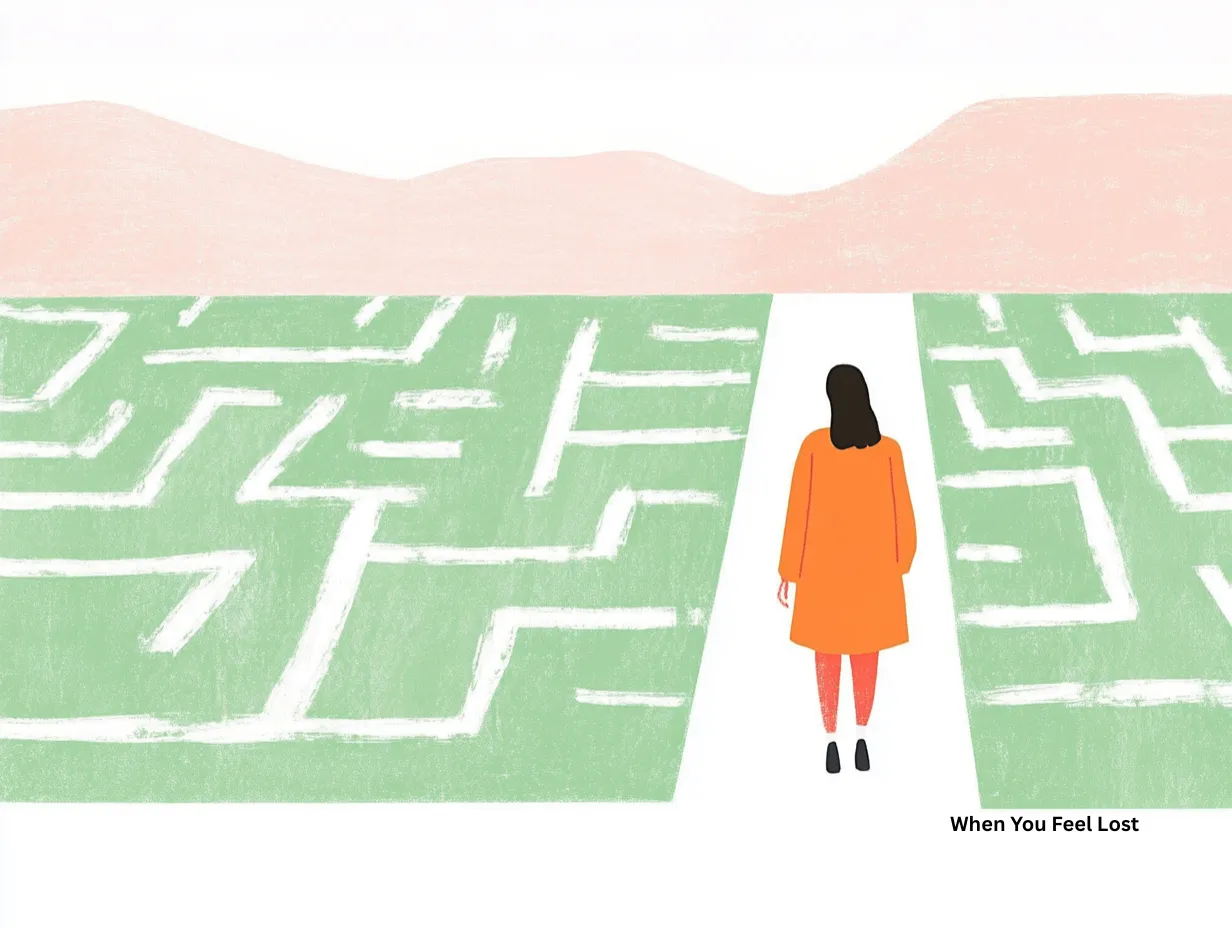
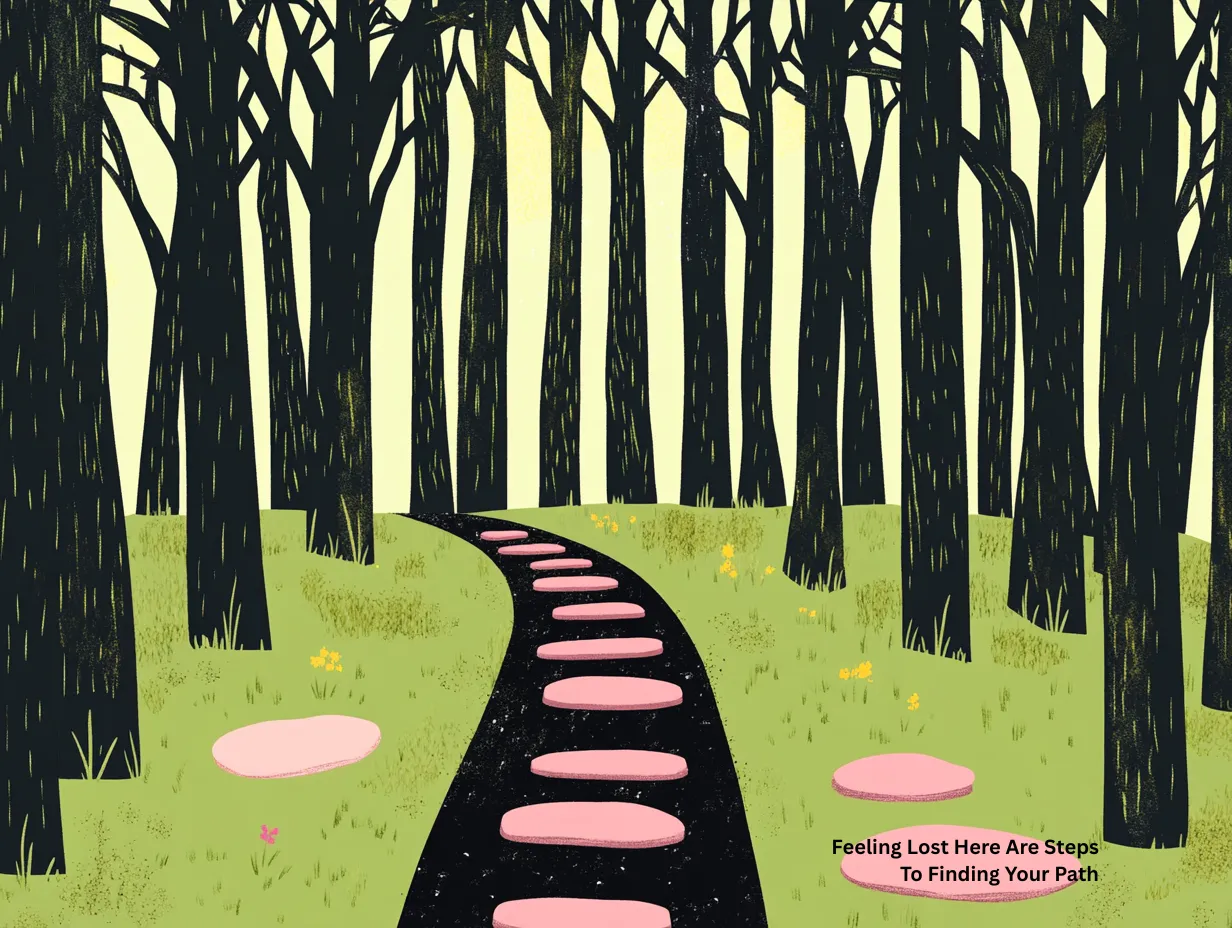
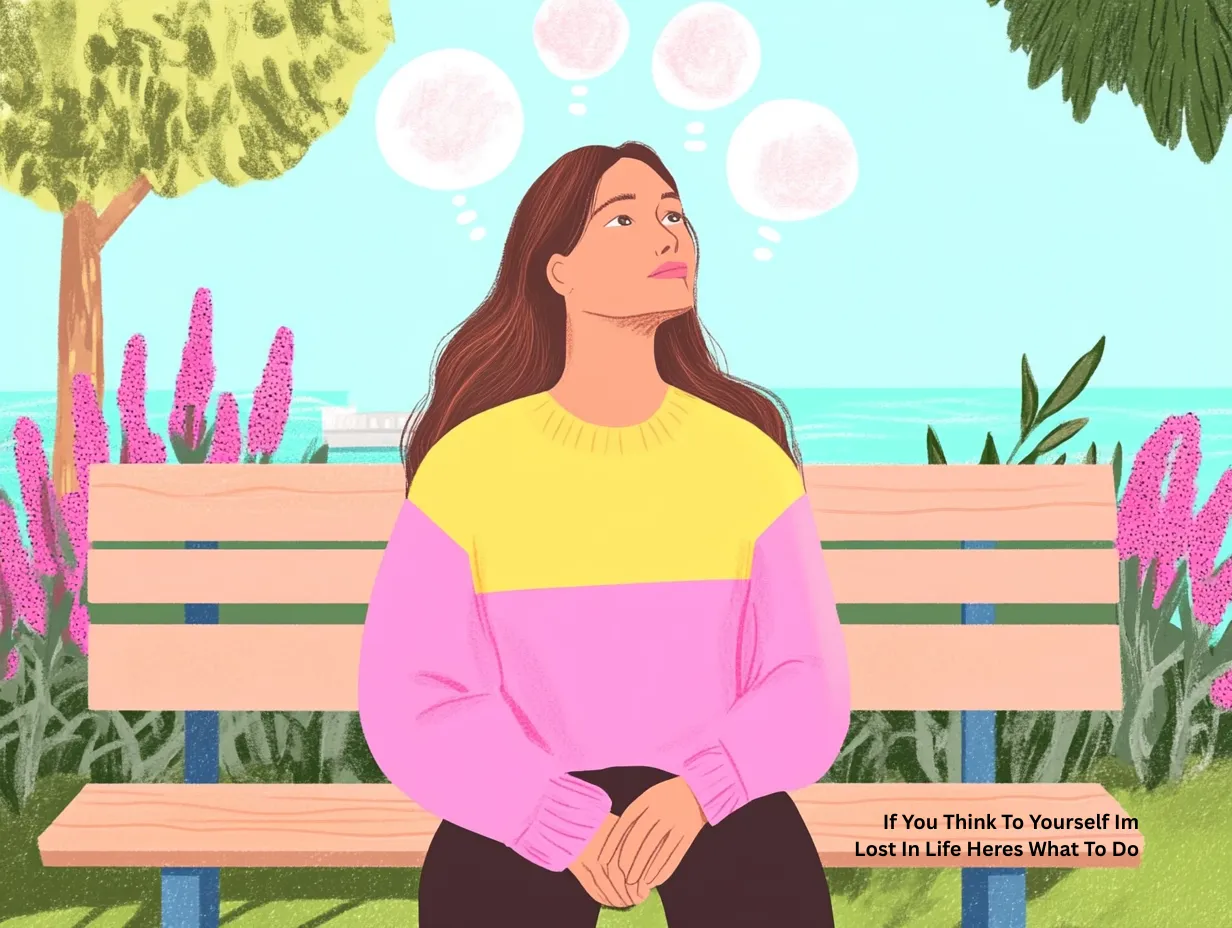
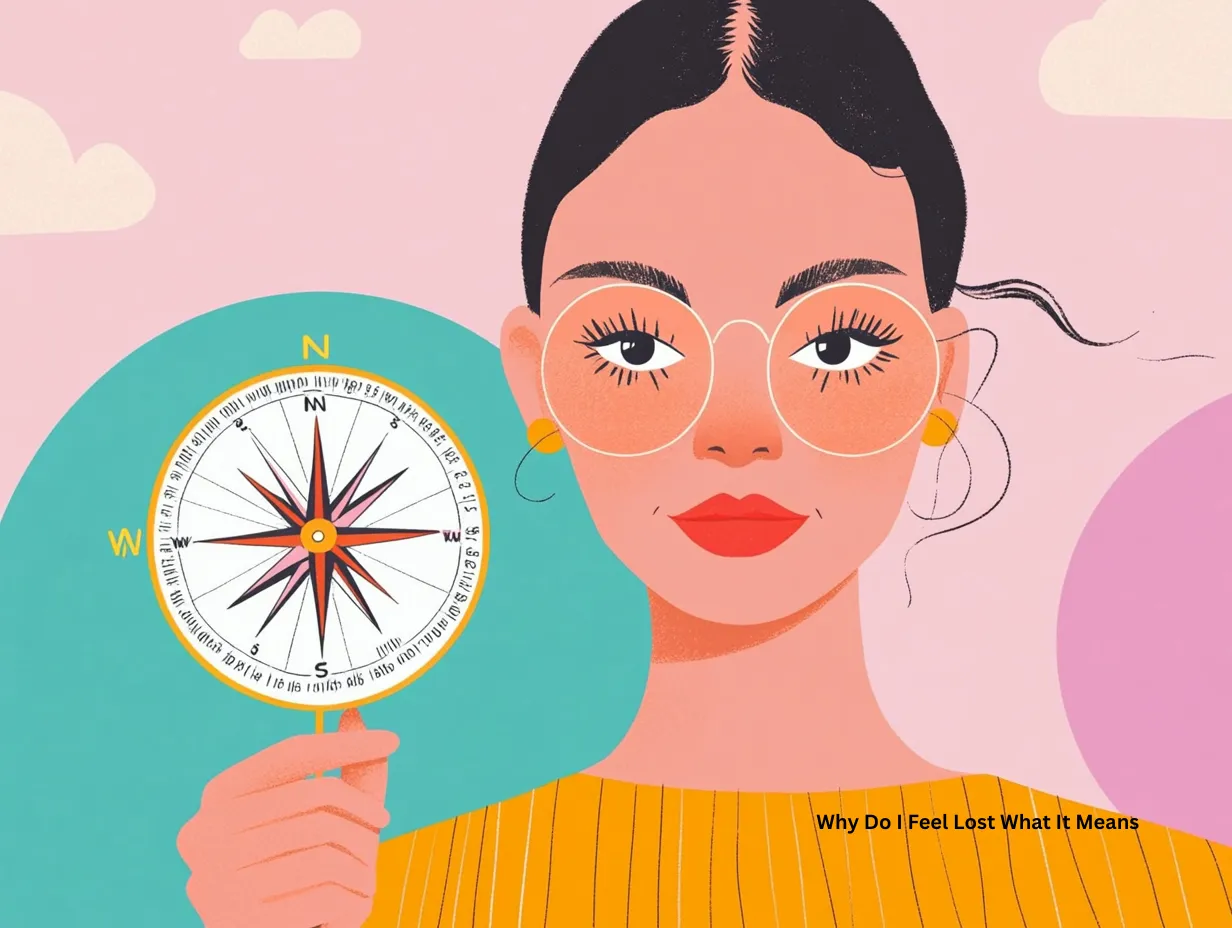
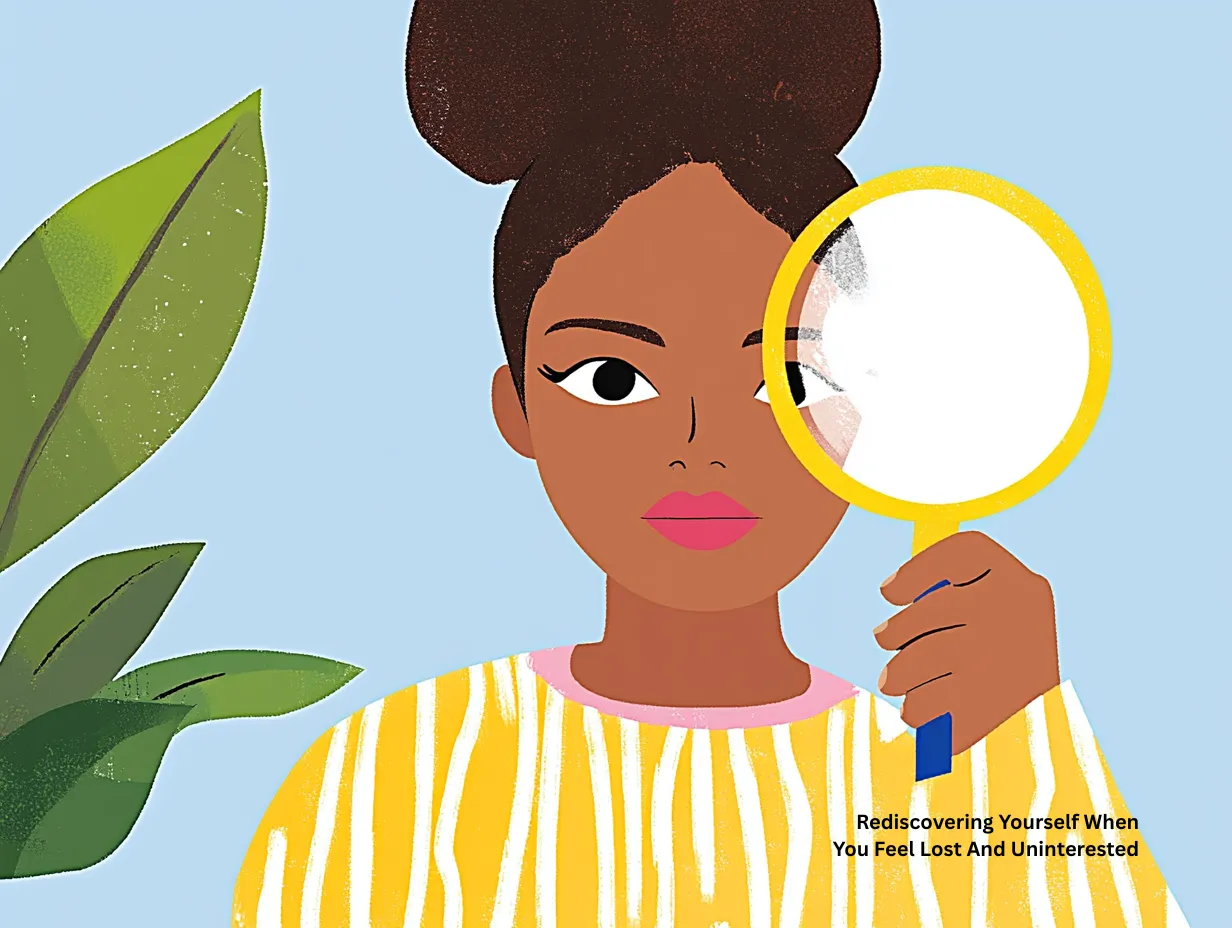
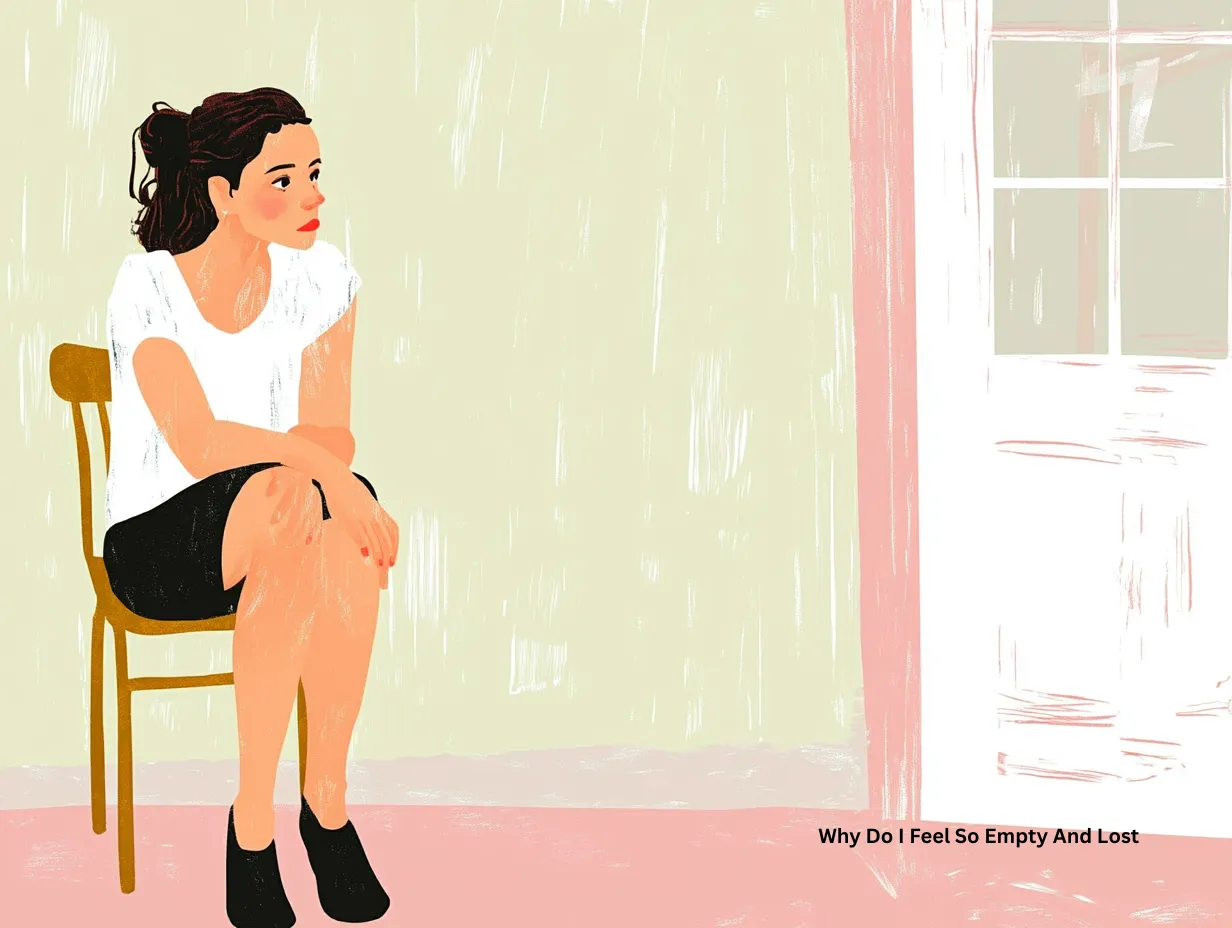
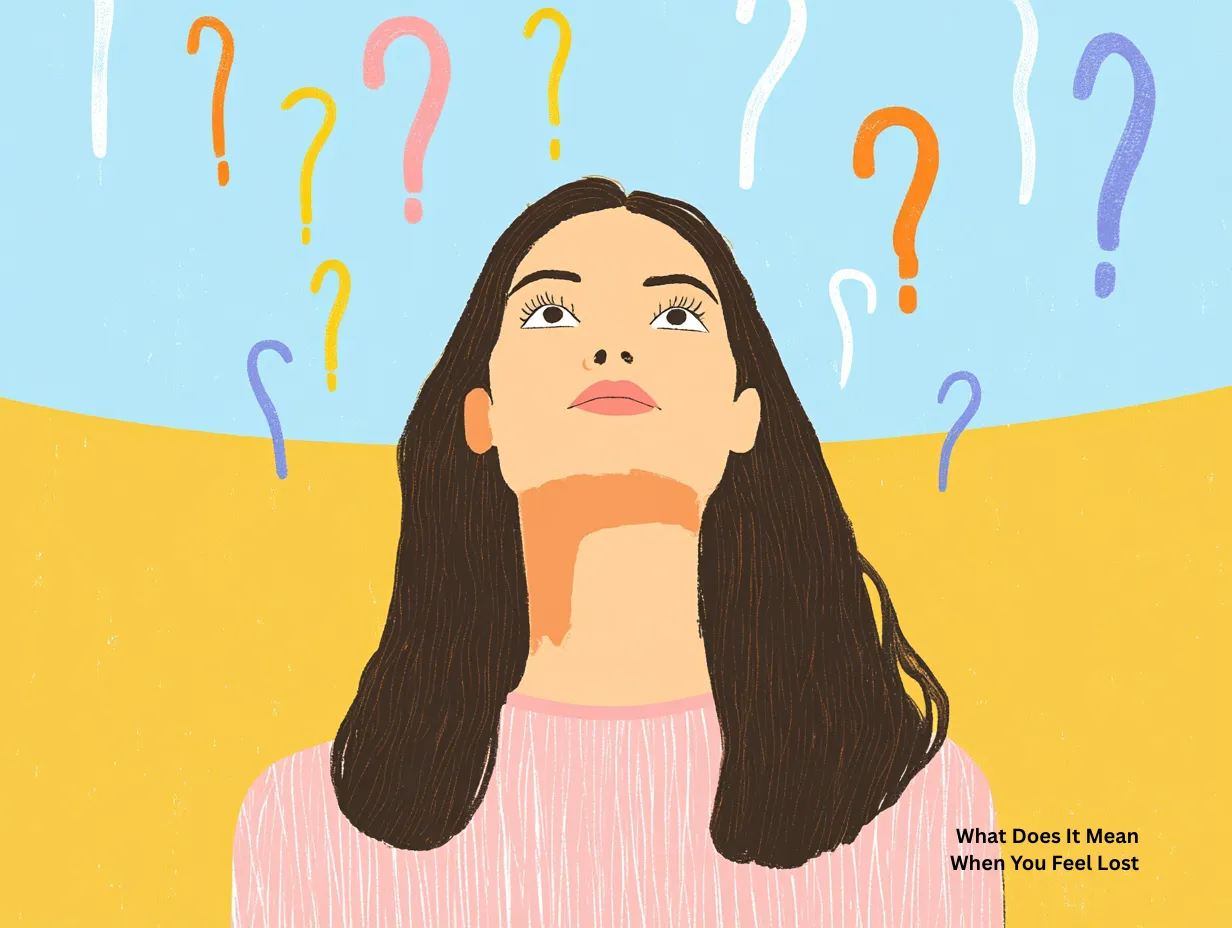
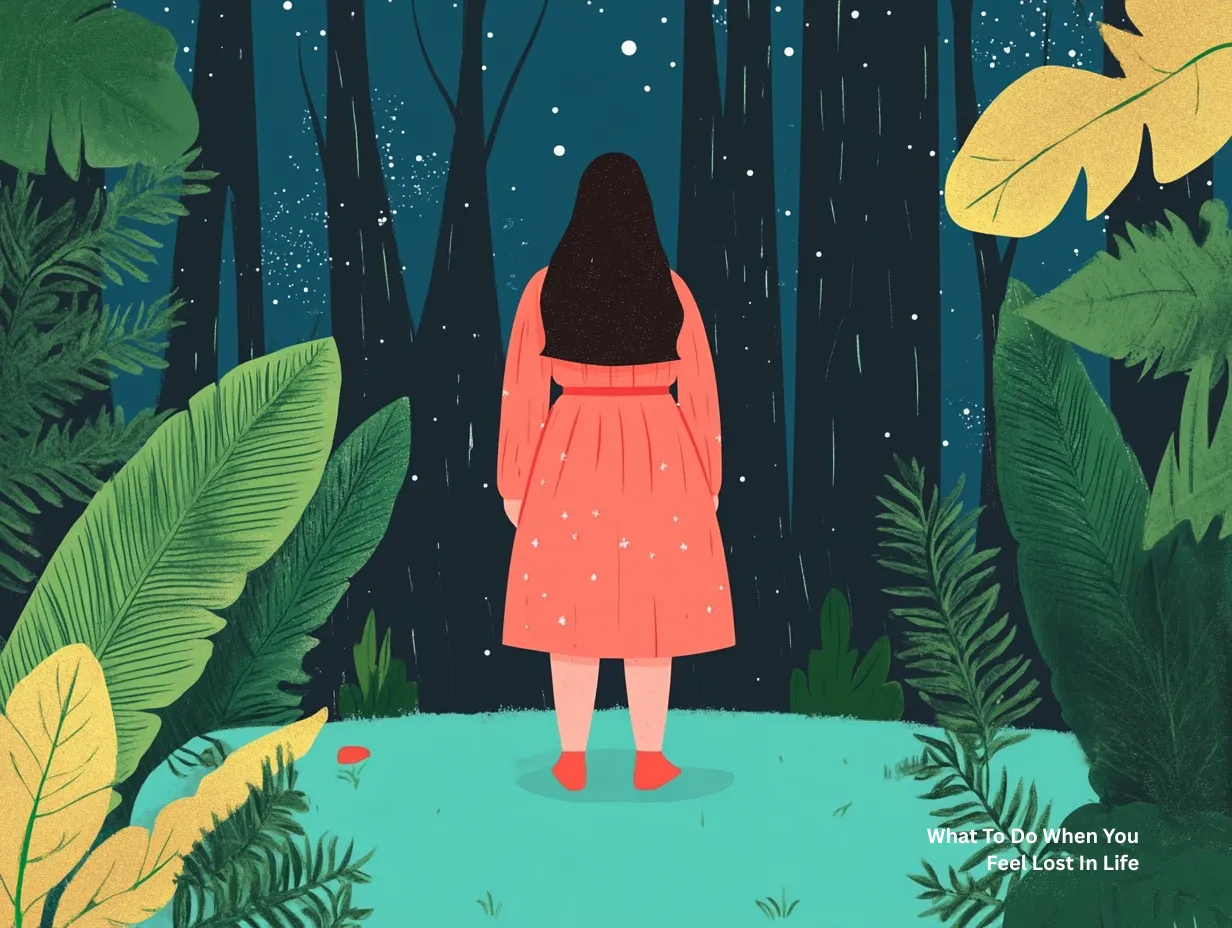
 Skip to content
Skip to content

